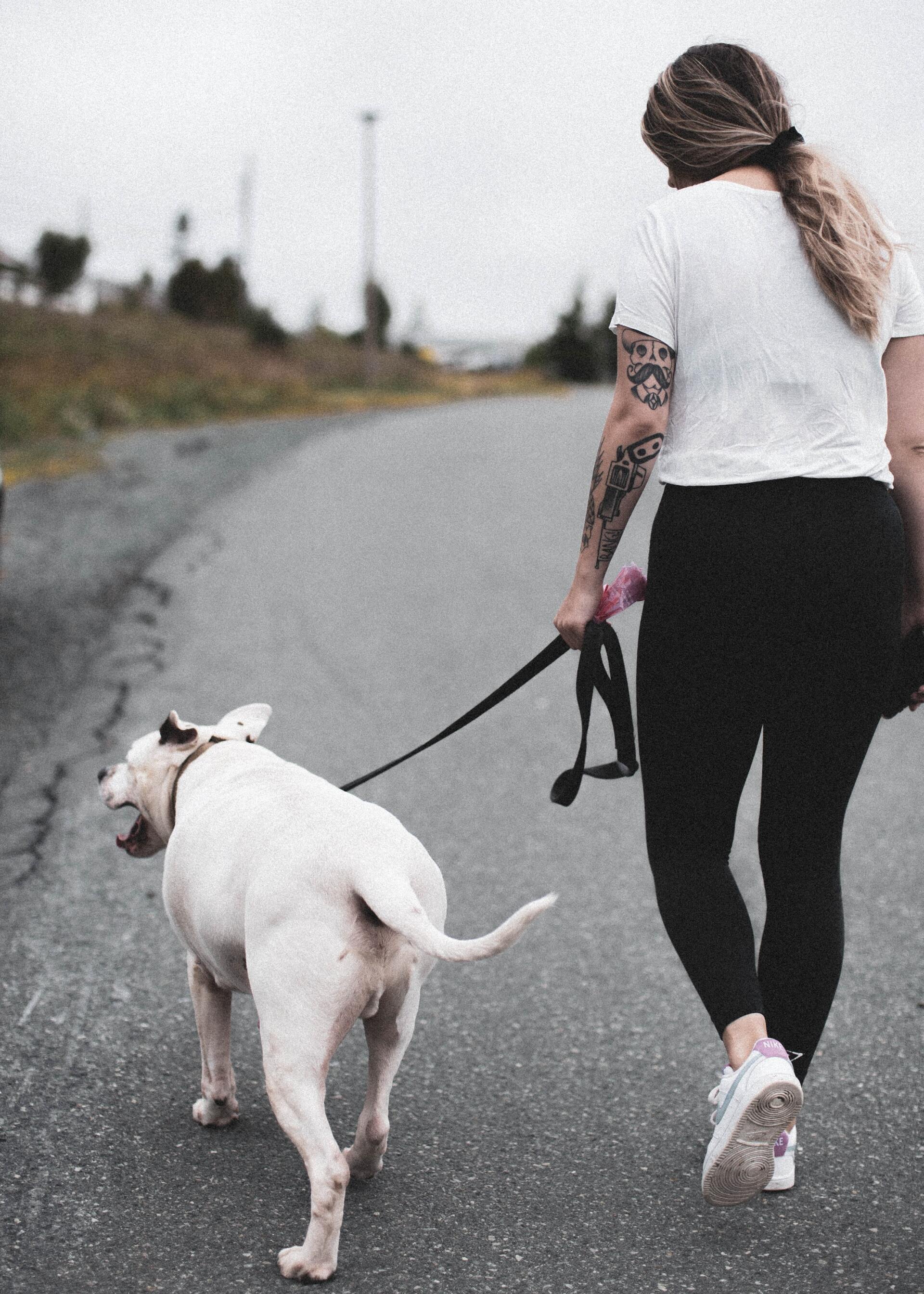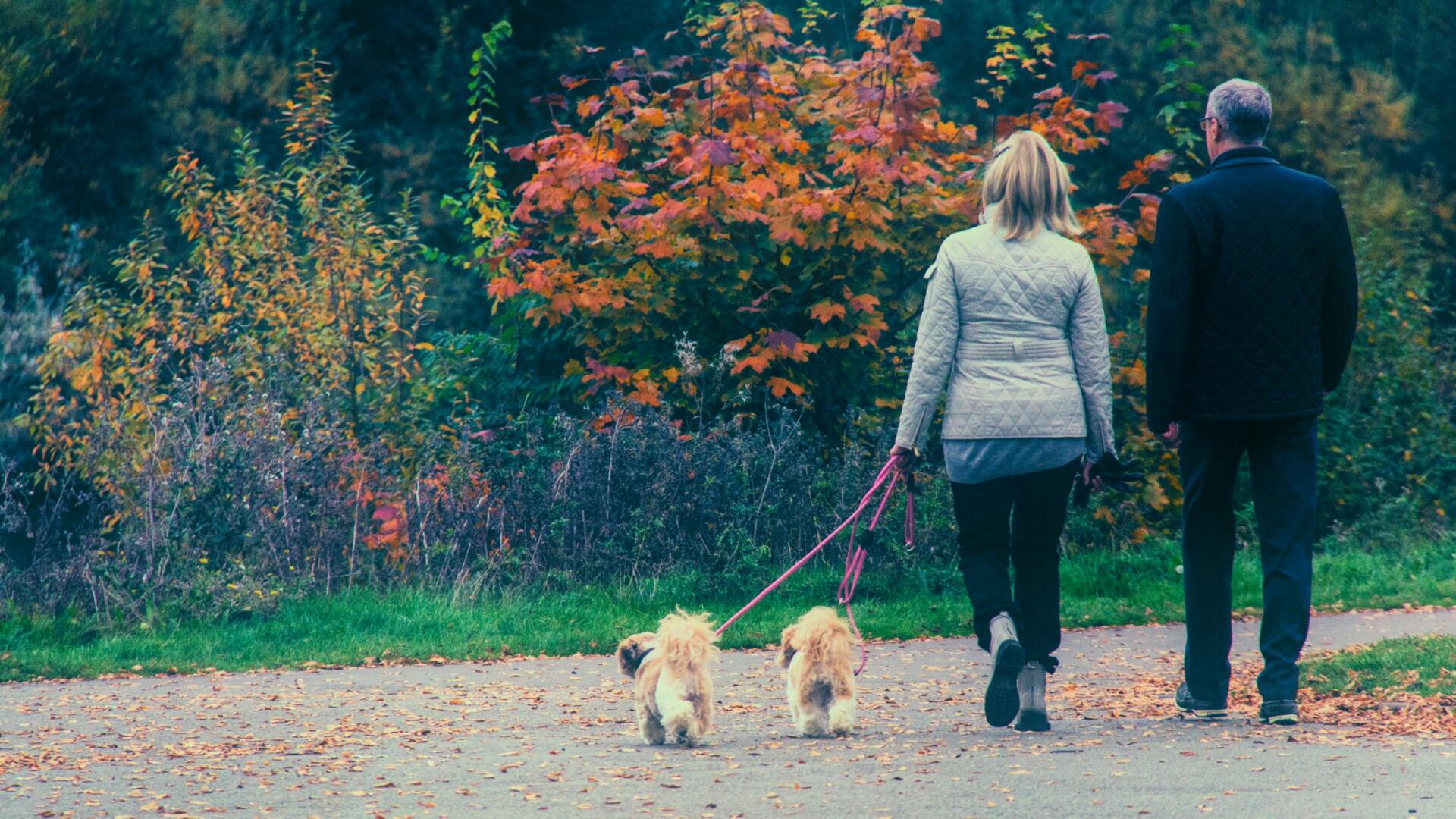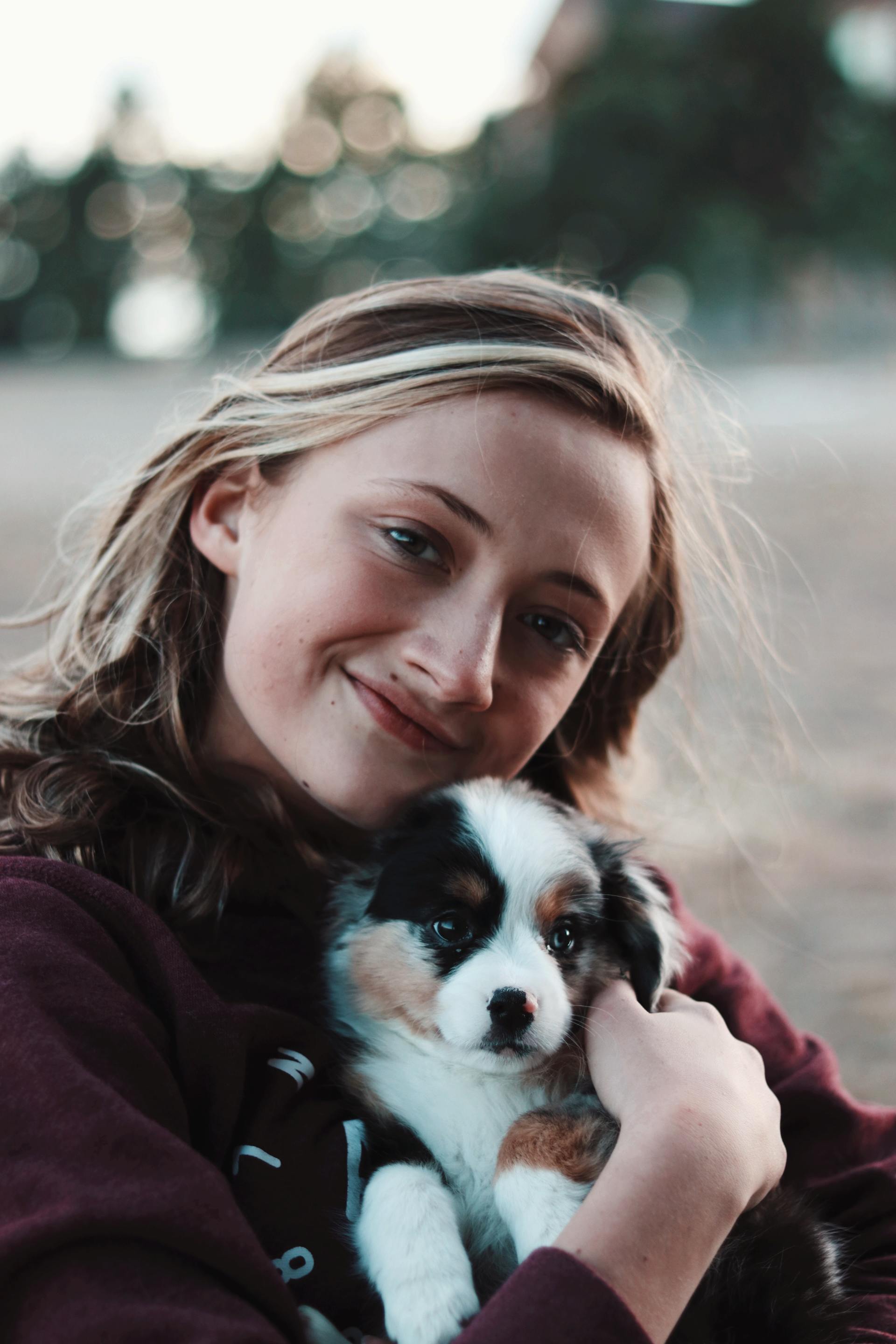9 Things Your Dog Walker Needs from You for a Successful Walk
9 Things Your Dog Walker Needs from You for a Successful Walk
Okay, yes, you hired your dog walker to make life easier for yourself.
And most professional dog walkers work hard to set up a great relationship with you and your dog. (Such as setting up a meet-and-greet before the first appointment.)
But sometimes a topic just doesn’t come up in conversation (and sometimes you think about it, then get to talking about something else and forget). Or things change after your walker has been visiting your dog for a while.
The following is what your dog walker needs to know to ensure a safe and enjoyable walk.
1. Share Your Dog’s Quirks
Does your dog get unusually excited by squirrels? As in, pull away from you and run out into traffic to chase squirrels? That’s something your dog walker needs to know.
Same thing if your dog is particularly scared of motorcycles. Or tries to eat the neighbor’s cat. (Even though he’s fine around all other cats.)
2. Advise the Walker if Your Dog Should Be Walked in a Specific Collar
Many dogs are perfectly okay to lounge around the house in a normal collar (or no collar at all).
But if your dog wears a certain harness because she pulls out of her collar (and every other type of harness except this one)…or must walk in a martingale collar…or has a wide collar to prevent gagging, your dog walker needs to know.
Keep this equipment exactly where you’ve told your dog walker it can be found so they can use it on walks.
3. Keep All Supplies Where Your Dog Walker Can Find Them
Let’s say your dog needs booties while walking on ice or hot pavement (or because you want to keep her paws clean). Your dog walker needs to be able to find them.
So if you decide to move the booties from the basket by the mudroom door to a cubby under your coat rack? Update your dog walker.
Same goes for sunscreen, bug spray, or anything else you want your walker to use to keep your dog comfortable during the walk.
4. Tell Your Walker Where Your Dog Can, and Can’t, Go Potty
Your dog walker may be familiar with your city’s ordinances for dog walking and poop disposal. She probably doesn’t know about your neighborhood, though.
So let them know where it’s safe to stop and where it’s not allowed. (And especially let them know if there are any neighbors to avoid.)
5. Where Should Your Walker Dispose of Poop Bags?
We all know how, ahem, awful dog poop smells. You definitely don’t want that in your kitchen garbage.
But where is it safe to dispose of the poop bags once your dog has been walked? Are there disposal canisters around your neighborhood? Should your walker drop them in your big can?
6. Let Your Dog Walker Know What You’re Working on Training-Wise
Has your dog become – we’ll say disrespectful – about waiting for you to attach the leash? Let your dog walker know what you’re doing to correct the behavior so they can do it, too. This also applies to anything else you might be training your dog to do.
7. Give Plenty of Advance Notice When Something Changes
Your dog walker likely has a full schedule of people before and after your appointment. If you wait until your walker comes through the door before letting them know you took the day off work because the cable guy is coming so your dog doesn’t need a walk, then you’ve wasted your walker’s time and the gas to drive over to you.
Not to mention, you’ll be charged a cancellation fee (or at the very least, you’ll still have to pay for the walk).
8. Have a Well-Trained Dog
Things happen. And no dog is perfect.
But no dog walker likes to go into a situation where something is waiting to go wrong. Before you hire a dog walker, make the investment into at least basic obedience training. (Plus, you’ll enjoy your dog more she sits when you tell her to – such as when you have a guest coming through the door.)
9. Inform Your Walker of Your Dog’s Medical Issues
Dog walkers notice things. They see that your dog’s poop is a little runnier than normal – or an odd color. Or that your normally chipper dog who trots along the sidewalk gleefully is suddenly plodding along as though he would rather not be walking.
Most likely your dog walker will pass on these observations to you anyway. But if they know to look for signs of stomach upset because your dog is on a new medication, they can be even more vigilant than normal.



